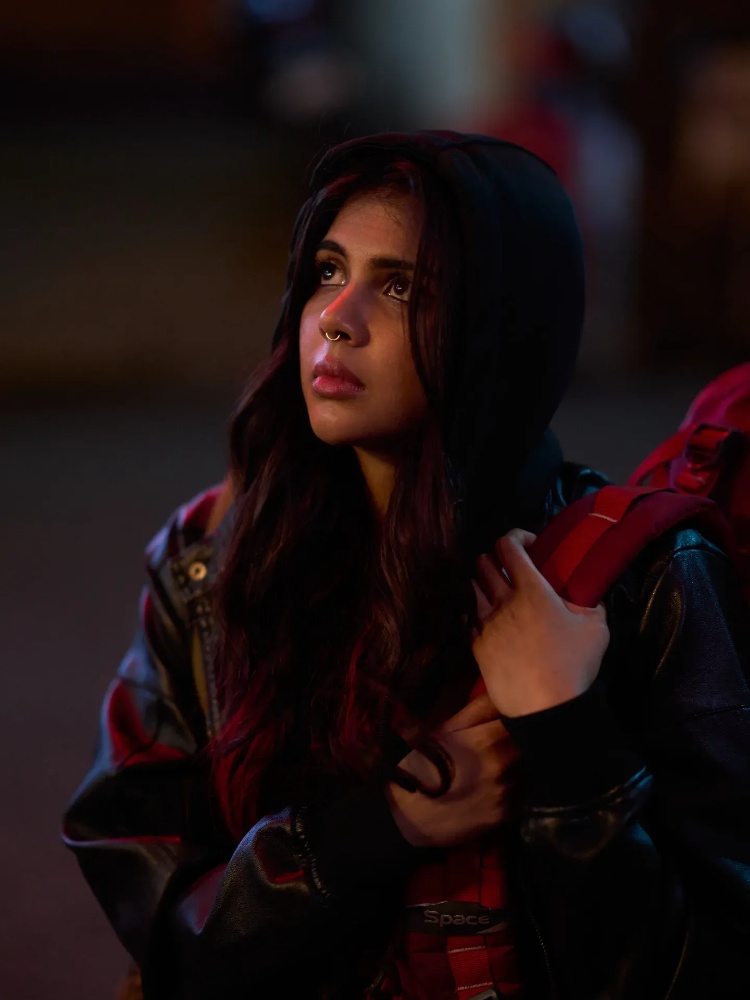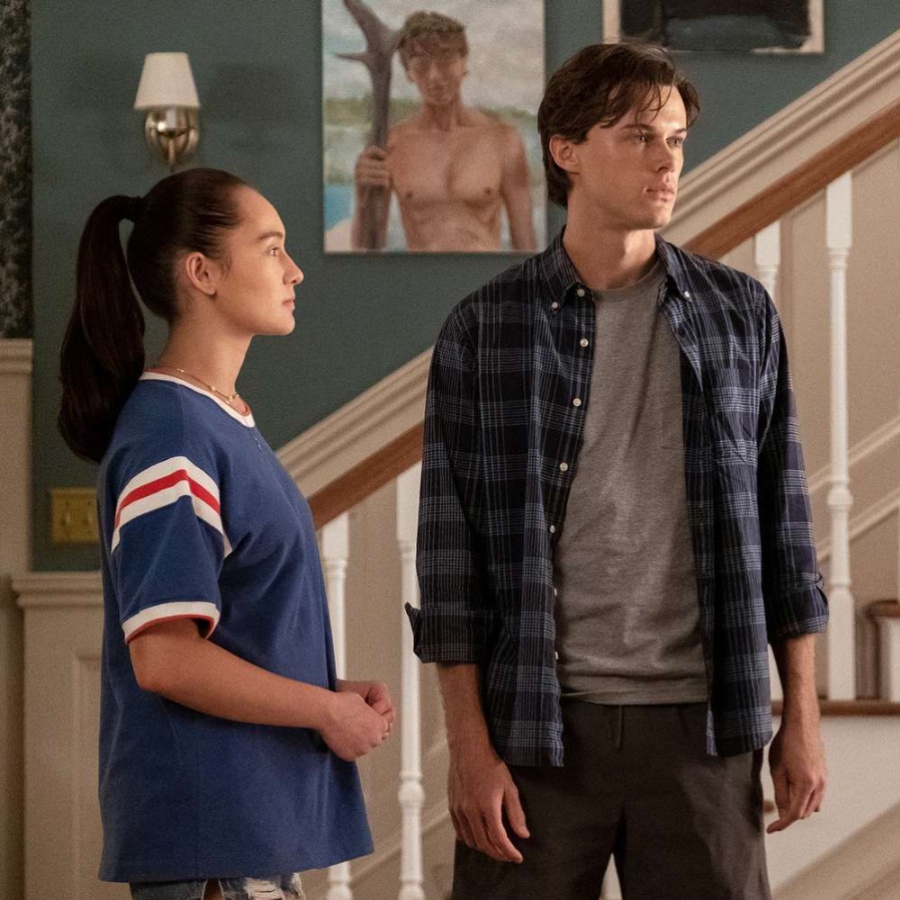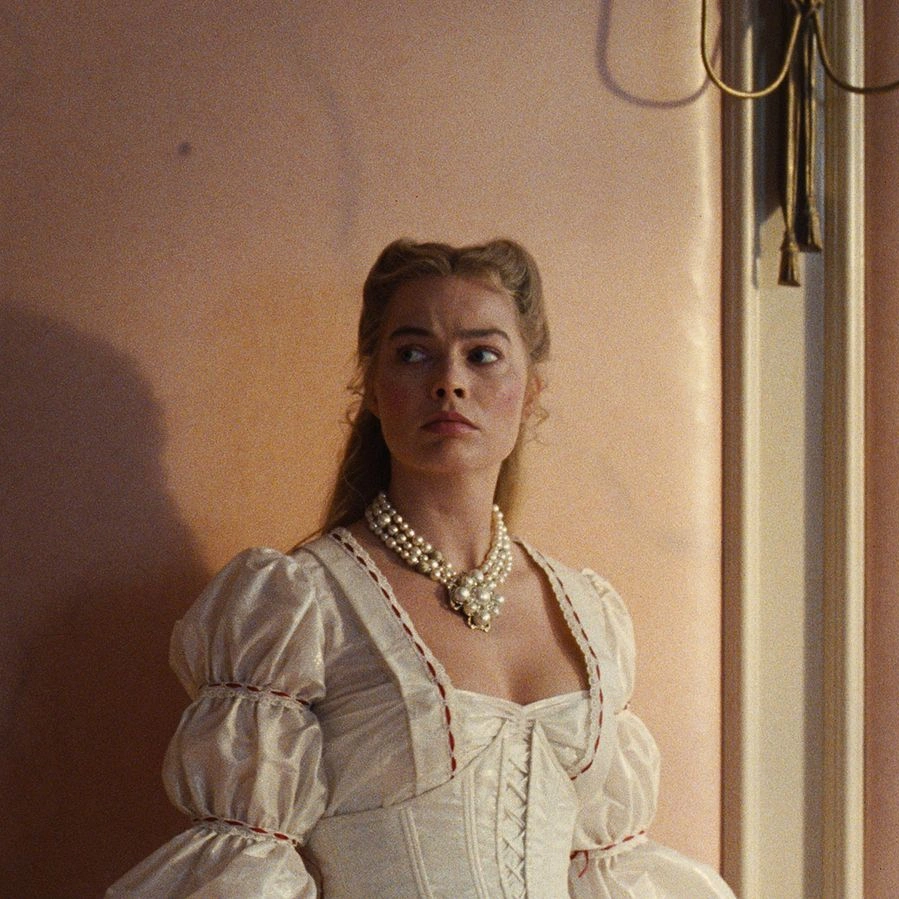Thirteen years ago, when 22, Female Kottayam hit the theatres in Kerala, it was hailed as a gutsy feminist film. Even as audiences squirmed through the last scene (spoiler alert!), when the avenging female protagonist, Tessa (Rima Kallingal), softly informs her groggy, traitorous lover, Cyril, that she has surgically cut off his penis after sedating him, almost everyone approved of the punishment. The gory act of emasculation felt like pristine justice in the hands of the goddess-like Tessa, who had repeatedly endured rape and abuse in the hands of her boyfriend and his boss.
For a long time now, most feminist films in India have been rooted in this unchecked rage of female characters. In Lokah, this rage transmutes into astounding superhuman power. The lead character, Chandra, is not manic or hysterical when she is challenged, even though her identity is rooted in a brutal episode of caste oppression where she witnesses her whole family being massacred for their caste status. But that was over 1,000 years ago, we are told, when Chandra was Kaliyankattu Neeli—a child from the forest tribe that was banned from entering temples of the so-called upper caste. Most Malayalis familiar with Aithihyamala (a traditional collection of legends) have known Neeli as a yakshi, a malevolent female spirit lurking near trees, purported to seduce and suck the lifeblood of her victims.
Lokah subverts the folklore and casts a sympathetic gaze at Neeli. It compels us to question her ‘otherness’ and understand the reason behind her alienation from the mainstream. Neeli has now evolved into Chandra, who has survived more than 1,000 years on earth. When we are introduced to her, she is a young, mysterious woman who has flown in from Sweden only to settle into a dwelling in a noisy, bourgeois neighbourhood in Bengaluru. Like scores of women across India, the first thing she does when she enters her new living quarters is clean her floor using the mop and bucket.
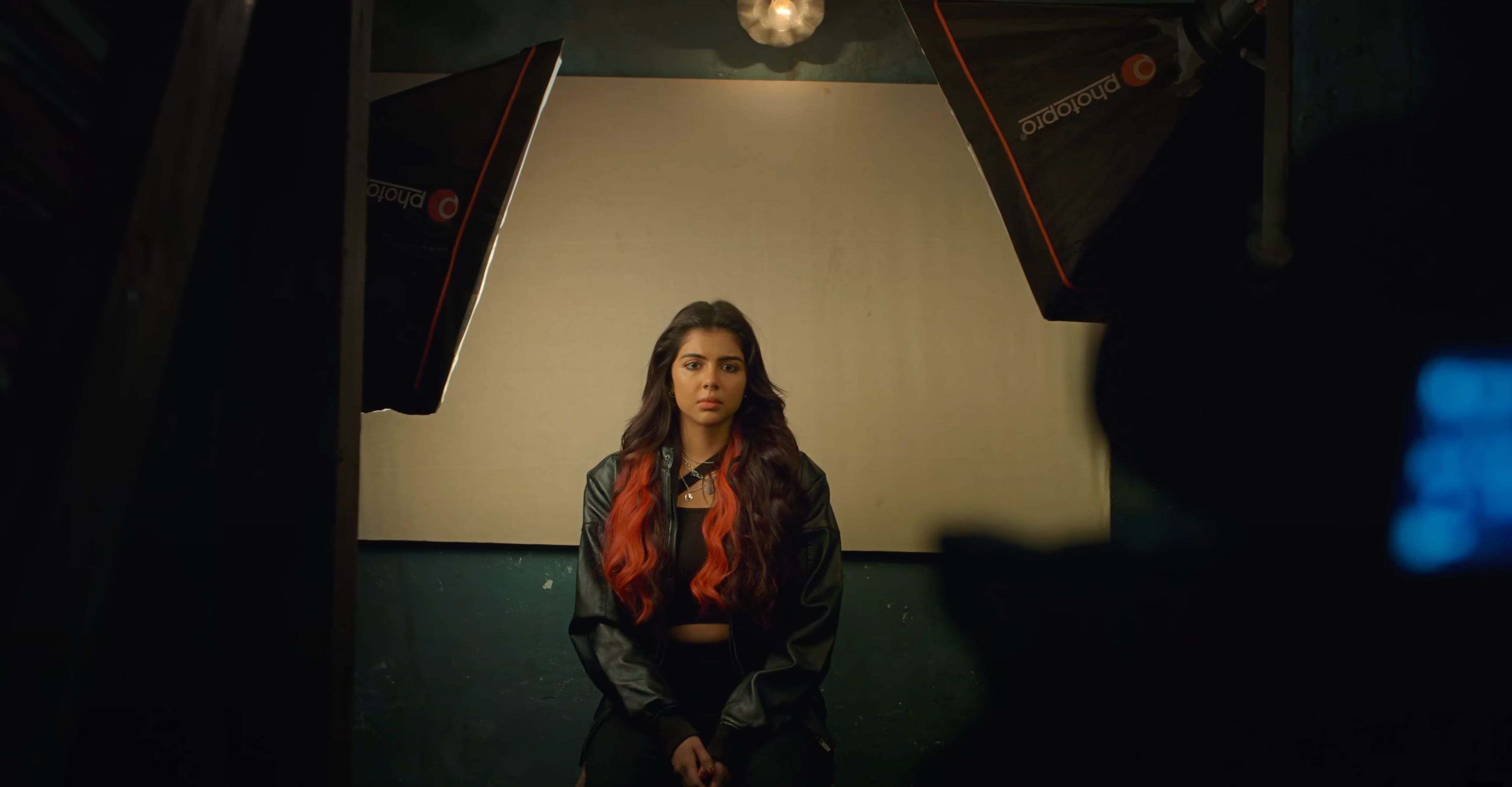
Her attempts at ordinariness are laid out in her job as a barista, her disposing of the day’s trash, and sauntering on the streets, earphones in place. And bless the production team for ditching the cliched style template of busty spandex that haunts most female superheroes; Chandra is nearly always seen in jeans, sneakers, and bomber jackets—save for one instance when she chooses to be gorgeously girlie in a plain white dress for a house party at the hero’s pad. The black-and-red palette that dictates her dress code (even her hair) is clearly derived from the signature colours of Kalaripayattu, Kerala’s traditional martial art form.
Despite the vague reference to armed combat, Chandra’s brand of feminism is not militant. She has not been endowed with the characteristic smirk or wit of superheroes. When she is not navigating her way around organ donation rackets or taking down misogynist cops and gun-toting goons—in a riveting choreography of action stunts—her superpower is cloaked in softness, even as her refrigerator is stacked with packets of blood, her only sustenance as a vampire.
In the original folklore, Neeli is exorcised of her evil powers by Kadamatthatu Kathanar, a 9th-century Christian priest; in Lokah, the makers have tweaked the lore to show Kathanar taking Chandra in his fold and recruiting her as part of a legion of guardians who have been invested with superpowers to protect the world. A creative leap such as this could have been easily marooned in bombastic dialogues. Thankfully, the makers have deftly refrained from melodramatic excesses.
A similar collaboration of male and female energies seems to have underpinned the making of the film. In the spate of promotional interviews, director Dominic Arun has often mentioned how co-writer Santhy Balakrishnan helped him stay authentic to the female perspective, behaviour, and choices that guided the character (and even how this sometimes led to arguments that eventually made him acknowledge the subconscious gender bias in his own gaze).
The power of a male ally in a feminist film can be easily squandered in the hands of a careless filmmaker. In Lokah, Naslen Gafoor plays the romantic lead as a jittery guy shorn of all heroics. It is refreshing to see a hero fainting at the sight of blood and breaking into cold sweat when confronted by a woman’s superpower. That Gafoor, the most popular young star in Kerala right now, agreed to be on the sidelines while Kalyani Priyadarshan took centre stage as Chandra serves as a hearty nod to gender balance on movie screens.
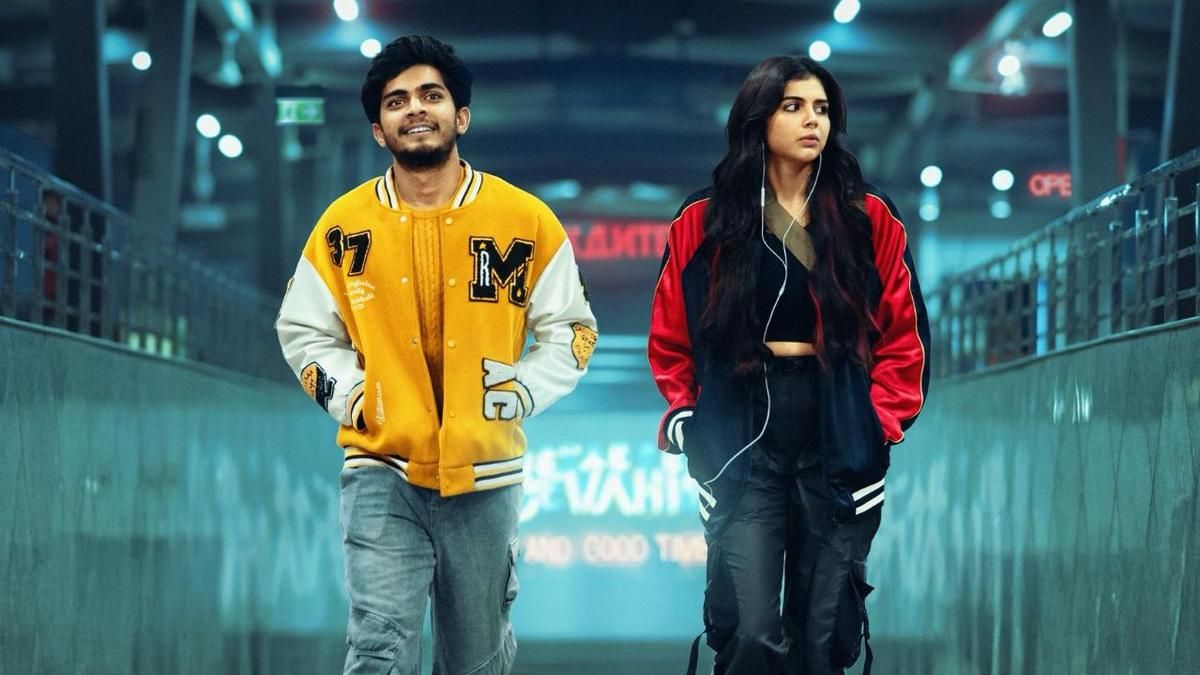
It harkens back to Panchagni, the 1986 Malayalam film in which Mohanlal plays a journalist, Rashid, defending Indira (Geetha), a Naxalite on parole. When Indira finds herself distanced by her loved ones, Rashid is the only one who understands her. Just as she finds love and hope, Indira’s murderous rage against injustice sets the course for a tragic end. The female lead in Panchagni dominated the story arc, much like Parinayam in 1994, in which a young widow is at the centre of a ritualistic trial for adultery when she loses her chastity.
Feminist films have been part of Malayalam cinema as far back as the early ’60s. They have co-existed alongside stories in which heroes openly spewed dialogues slut-shaming women who asserted ambition or personal choice. What makes Lokah Chapter 1: Chandra different in the pantheon of feminist films is that it has found unprecedented adulation and adoration among male movie-goers. There are no eye-rolls this time at the sight of a woman setting the world right—only awe. What is set to be a five-part superhero franchise has been kick-started with a female superhero leading the pack. As of now, the first instalment looks like it’s heading to be one of the biggest grossers of Malayalam cinema. In the meanwhile, women should continue to do what they have been told they cannot.
